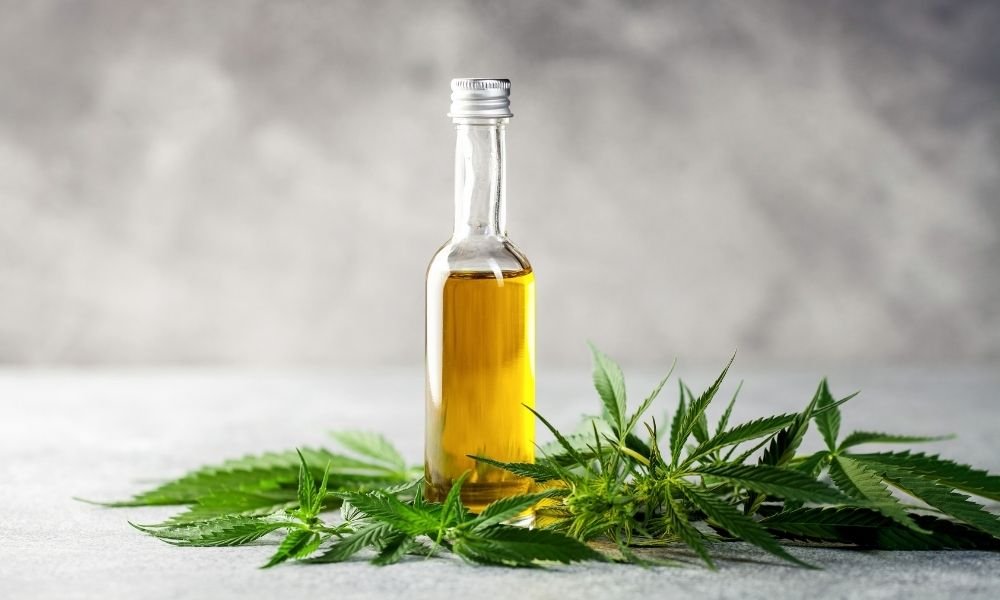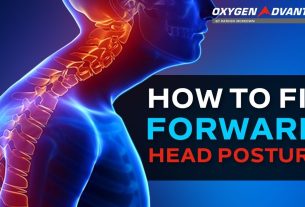Cannabis plants contain a variety of naturally occurring chemical compounds, including THC and CBD. THC is known for creating a “high” in users, while CBD has non-psychoactive properties.
Preclinical studies show that CBD reduces cardiovascular responses to stress. Researchers investigated whether this effect would also occur in humans. Nine healthy volunteers were administered either placebo or 600 mg of CBD in a randomized, controlled trial.
It’s a Non-Euphoric Cannabinoid
CBD is one of more than 80 chemical compounds known as cannabinoids. It is found naturally in the cannabis sativa plant. It is extracted from the plant into a liquid concentrate and added to other products such as drinks, oils and body lotions. CBD has become a popular product in recent years. It has many claimed benefits, including relieving anxiety, pain and insomnia. It is also said to protect against the aging process and boost athletic performance.
The main psychoactive component of the cannabis plant is delta-9-tetrahydrocannabinol (THC). THC is extracted from the sativa or hemp plants and can be consumed as a drug or inhaled as a vapor to produce a high. It activates certain receptors in the brain, which then produces pharmacological effects in various parts of the body.
THC is a controlled substance in the United States. However, CBD and cannabidivarin (CBG) do not have the psychoactive properties of THC.
In addition to relieving pain, cannabinoids can also reduce inflammation and restore functional autophagy in skeletal muscles. This is especially important in a condition like Duchenne muscular dystrophy, which is associated with chronic inflammation and muscle degeneration.
It’s a Non-Psychoactive Cannabinoid
CBD is a non-psychoactive cannabinoid that does not produce a high. However, this does not mean that CBD is intoxicating. A “psychoactive” substance is any compound that interacts with the nervous system to produce a change in mood or perception. Examples of psychoactive substances include anti-epilepsy medications, caffeine and nicotine.
The cannabis plant contains more than 80 cannabinoids, including CBD. The cannabinoids are found in the glandular trichomes of the plant. They are also concentrated in the resin that covers the buds, flowers and leaves. The cannabinoids are extracted and mixed with a carrier oil to create a CBD-infused product, which is then sold in a variety of forms, from tinctures and capsules to edibles and beauty products.
In addition, the federal government allows companies to grow and cultivate hemp for research purposes. The National Institute on Drug Abuse (NIDA) oversees the cultivation of cannabis for medical research and supplies researchers with a variety of plants and compounds of varying potency. Using the results of clinical studies conducted at this stage, sponsors may then submit an Investigational New Drug (IND) application to the FDA to allow for the marketing of a marijuana or cannabis-derived drug.
As an example, the FDA has approved Epidiolex, a pharmaceutical-grade form of CBD for the treatment of certain types of epilepsy. CBD can help people stay drug-free by reducing their cravings, a feeling that many former addicts experience after being sober.
It’s a Non-Intoxicating Cannabinoid
CBD is an effective treatment for many diseases, and its effects on the cardiovascular system may be beneficial. For example, it has a positive impact on blood pressure in hypertensive people. It also exerts vasodilatory, anti-angiogenic and anti-inflammatory properties. It has been shown that CBD reduces vascular smooth muscle cell proliferation and migration, and it increases the expression of the endothelial enkephalin gene and the heme oxygenase-1 enzyme in vascular cells.
Unlike tetrahydrocannabinol (THC), which is psychoactive and produces the high associated with cannabis, CBD does not produce any mind-altering effects. It is a phytocannabinoid that is found in the cannabis plant, and it is often marketed as an alternative medicine for pain relief, anxiety, and other conditions. It is often used in oil capsules, tinctures, bath soaks, and food.
It is believed that cannabidiol interacts with the endocannabinoid system through fatty acid binding proteins. It alters the signals that are sent through the endocannabinoid receptors, and it affects the way these messages travel from one nerve to another.
CBD has a wide therapeutic potential, and basic and clinical studies have indicated that it has antioxidant, anti-inflammatory, immunomodulatory, anticonvulsant, procognitive, antianxiety and neuroprotective activities. It is currently under investigation for the treatment of a number of medical disorders, including epilepsy, neurodegenerative diseases (multiple sclerosis and Alzheimer’s disease), gastrointestinal tract disorders (irritable bowel syndrome and chronic pain) and psychosis disorders (schizophrenic and post-traumatic stress disorder). It has also been reported to have anxiolytic and antipsychotic effects.
It’s a Non-Inflammatory Cannabinoid
Unlike tetrahydrocannabinol (THC), the psychoactive compound in marijuana, CBD does not produce any intoxicating effects. It has been shown to reduce inflammation in the body. This is because CBD influences the way that the endocannabinoid system binds to receptors. This system regulates many functions, including the immune response. It also lessens the inflammation that causes pain.
Researchers discovered that CBD affects the endocannabinoid systems in different ways, depending on the type of receptor involved. This suggests that CBD may be useful for treating conditions with a broader range of effects than other cannabinoids. CBD may be able to reduce inflammation by activating receptors in the brain, the gut, and the lungs. It also may inhibit the production of pro-inflammatory molecules, such as histamine and the enzymes COX and 5-LOX, which are responsible for inflammatory reactions in the body.
It’s important to talk to your health care provider about complementary and integrative health approaches like CBD oil, especially if you have a medical condition. Together you can make shared, well-informed decisions about your health. This will help ensure that your treatment plan is safe and effective. The National Center for Complementary and Integrative Health is committed to helping you connect with your health care providers. You can search for practitioners in your area here. In addition, you can use this tool to find reliable information on a variety of topics related to your health.




